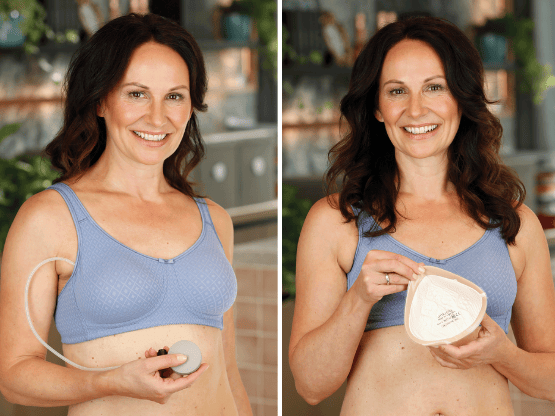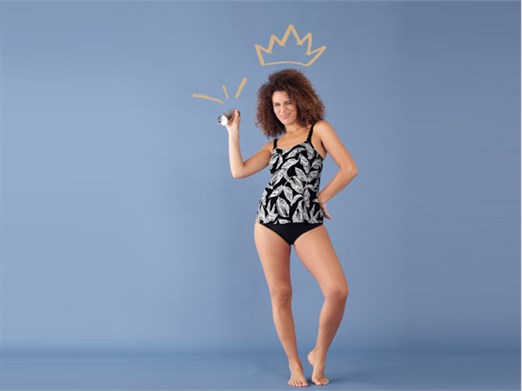How Breast Cancer Can Affect your Body Image
Breasts have always been a symbol of femininity and sexuality, so it is not unusual for a breast cancer patient to suffer body image issues and a lack of body confidence after a breast cancer diagnosis. Whether the patient has kept her breasts, removed them or reconstructed them, loving and accepting a post-diagnosis body can be a long process.
Breast Cancer and Body Image
Patients with breast cancer need to deal with more than losing one or both breasts. The surgery leads to scars, while radiation and chemotherapy often cause redness and soreness in the affected area. Other side effects include hair loss, weight gain and skin discolouration, all of which can be challenging, especially for younger women.
According to research, younger women are more emotionally affected by these changes than women over the age of 67. It is common for women to feel less feminine and beautiful, while some even feel like their body has betrayed them.
Many women experience some type of body consciousness after a breast cancer diagnosis. This can include avoiding intimacy, dressing in the dark, avoiding mirrors and even limiting bathing as a method of coping with the changes in their body.
Surgery and Body Image
Women become self-conscious about their breasts because breast cancer affects an intimate part of the body. That said, many of the emotional scars related to body image are caused by the treatment.
After a breast cancer diagnosis, depending on the individual case, patients will be faced with one of three surgical options:
• A lumpectomy, which is the removal of the cancerous tissue and a small amount of normal tissue around the lump. In this case, patients retain their breasts.
• A partial mastectomy, which is the removal of the cancerous tissue and a larger amount of breast.
• A mastectomy, which is the complete removal of one or both breasts.
When considering surgical choices, each woman needs to consider various factors, including the type of cancer, family history, the doctor’s recommendations, the risk of recurrence, and any anticipated body image issues.
Be sure to conduct research and ask questions about each option. Contact a support group or ask other breast cancer survivors about the surgeries and how they may potentially affect your future and self-esteem.
Breast Cancer Surgery
Lumpectomy or even a partial mastectomy is always better in terms of aesthetics as it preserves the breast, but this is not always an option. While the breast remains intact, there will be changes in the appearance of the breast, which can include scarring or changes in the breast size.
Some women opt to use a prosthesis, which is used to fill out the bra and give a sense of a natural breast without having to have reconstructive surgery. If you opt for reconstructive surgery, the operation can be done at the time of your breast cancer surgery, or later when you have healed.
According to experts, women adjust better with immediate construction, but this is not always the case. That said, there could be delays in reconstruction due to medical reasons, difficulty getting the surgeon and plastic surgeon in the same place at the same time, and insurance issues.
Psychological Benefits of Reconstructive Surgery
A lot of research has been done on the psychological benefits of reconstructive surgery, with some studies suggesting that women who choose reconstructive surgery experience a healthier body image than those who do not. That said, further studies indicate that women who select breast reconstructive surgery have higher anxiety about breast loss.
One of the most important factors when dealing with breast reconstruction is having realistic expectations. Some women are disappointed when their reconstructed breasts do not look like their natural ones, while others see it as a chance to have the breast size they have always wanted. It is also important to remember that breast reconstruction does not restore sensation to the breasts.
How to Maintain a Positive Body Image After Breast Cancer
Many women feel that talking about their cancer-related body image issues to a friend, relative or counsellor is the best first step to feeling more confident. Eating a balanced diet and doing light exercise will improve self-esteem and could also contribute to lowering the risk of recurrence.
Psychologists suggest that breast cancer survivors should strengthen their self-image in the following ways:
- By exercising regularly
- Communicating with a partner or friends and relatives
- Working on rebuilding intimacy
- Getting treated for depression
Being active not only helps with your physical health, it can also do wonders for your mind by reducing depression and improving overall self-esteem.








